Urban Ag Fact Sheets
Urban Ag / Controlled Environment Ag Fact Sheets
Find All of Our Urban/ CEA Ag Fact Sheets Below and on the Kentucky State University Extension Publications Page:
https://www.kysu.edu/academics/college-ahnr/school-of-anr/co-op/publications.php
Discovering Amaranth:
by Dr. Theoneste Nzaramyimana & Nat Colten
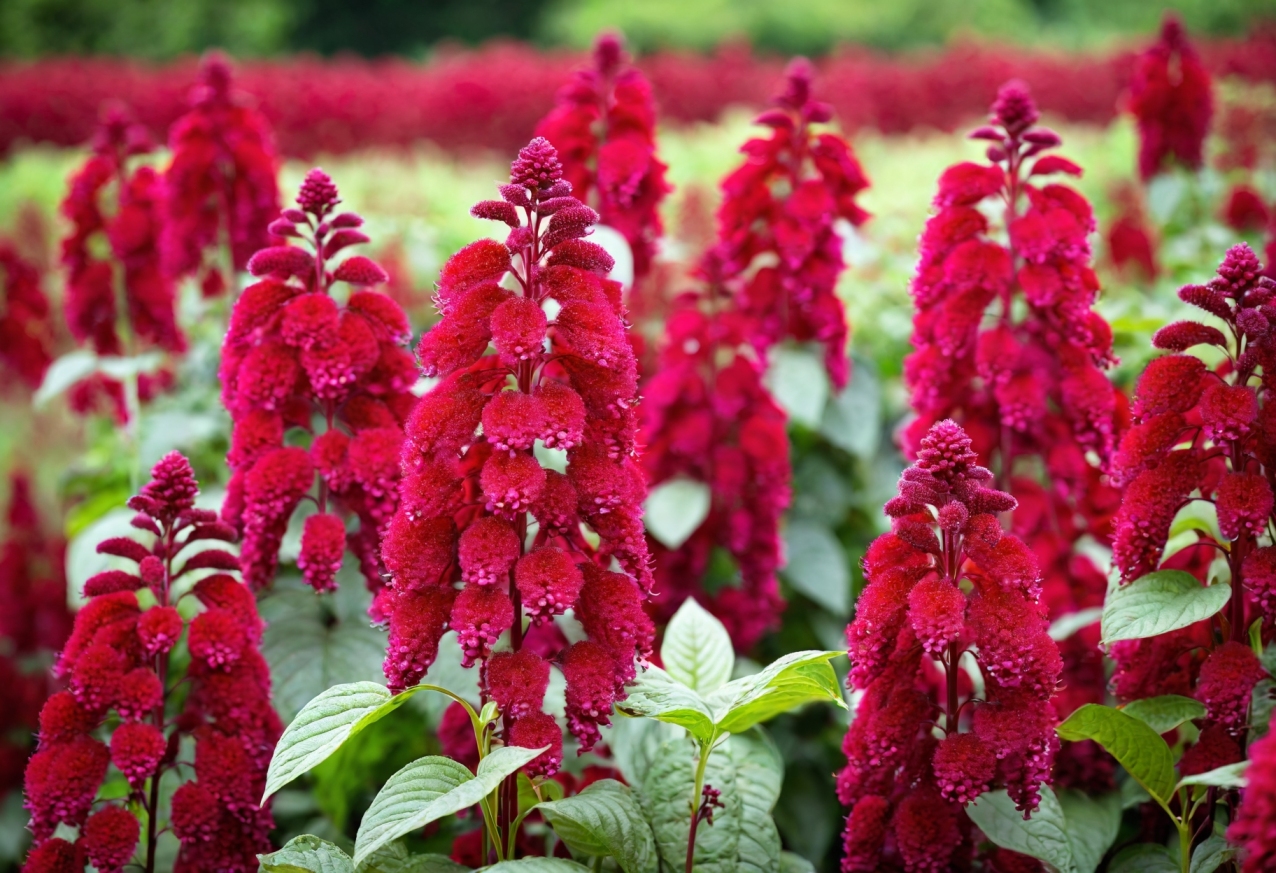
Amaranth is an ancient crop gaining renewed attention for its rich nutrition, resilience, and versatility. Both its tender leaves and protein-rich seeds are edible, making it a valuable dual-purpose plant. Easy to grow in warm climates and low-maintenance, amaranth is an exciting option for home gardeners and anyone interested in sustainable, nutrient-dense crops.
Gardening in a Grow Bag:
by Dr. Theoneste Nzaramyimana & Nat Colten
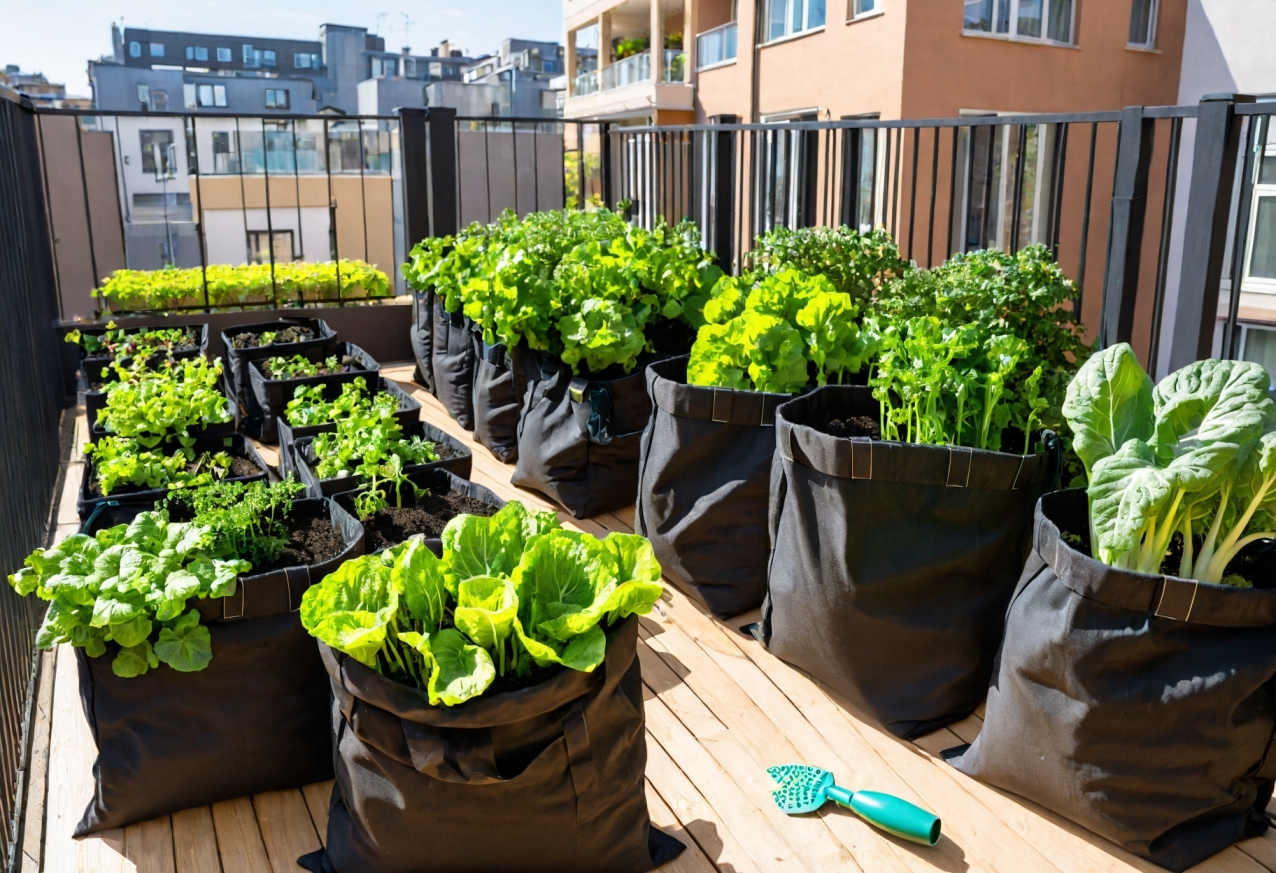
Gardening at home is a great way to grow fresh food for yourself and your family, and you don’t need a lot of space or expensive things to enjoy this tasty pastime! Growing fruits and vegetables in grow bags, much like growing in other containers or raised beds, provides gardeners with better control of their growing media and eliminates the risk of heavy metal toxicity from soils in urban areas.
Facts About the Bell Pepper (Capsicum annuum):
by Oluwaseun Mofikoya & Dr. Theoneste Nzaramyimana
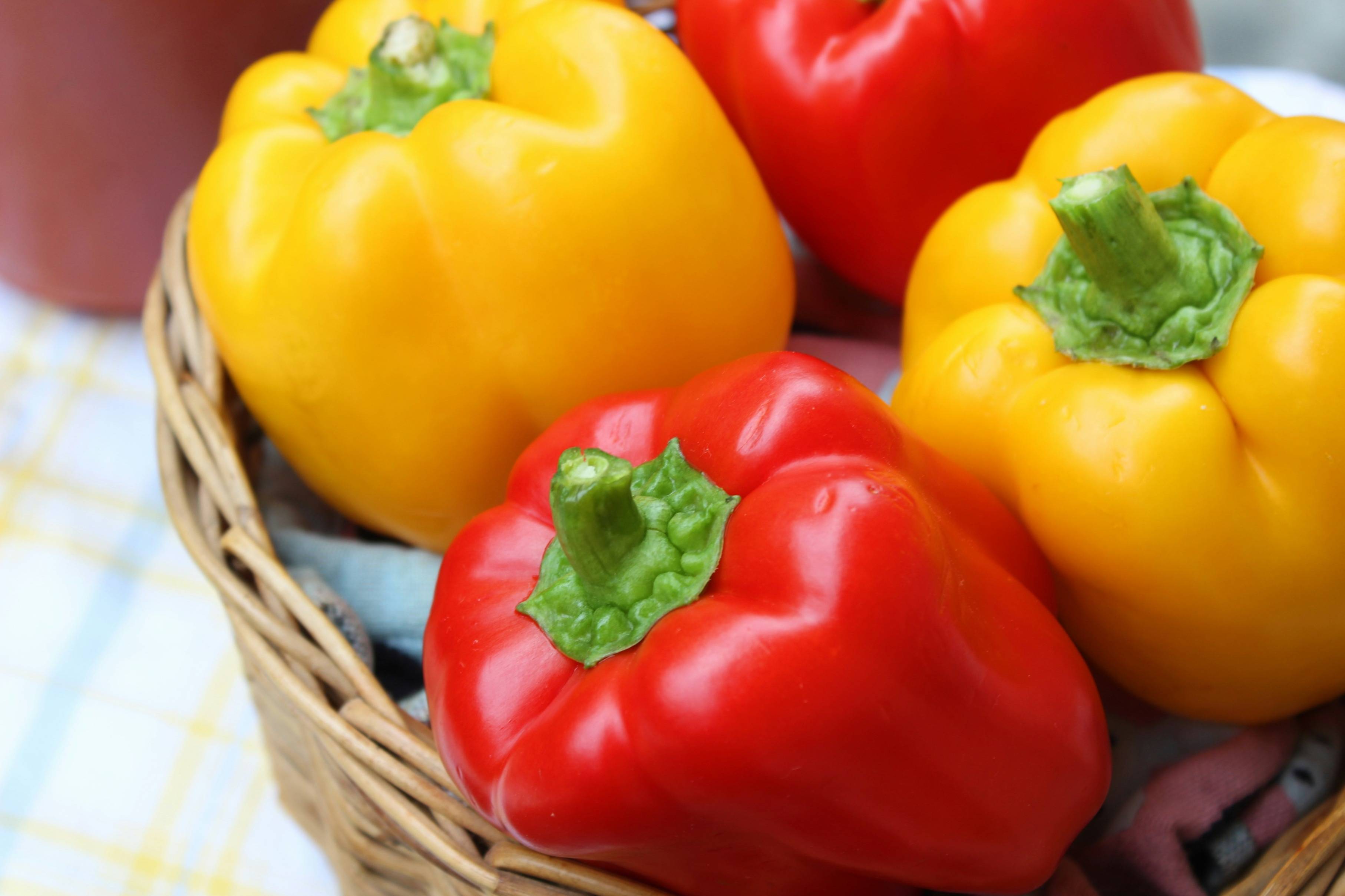
Bell peppers are colorful, crisp vegetables packed with vitamin C and antioxidants. Grown easily in gardens or containers, they come in green, red, yellow, and orange varieties—each with unique flavor profiles. Bell peppers are a staple in both home kitchens and commercial farms due to their versatility and nutritional value.
Starting a High Tunnel:
by Oluwaseun Mofikoya & Dr. Theoneste Nzaramyimana
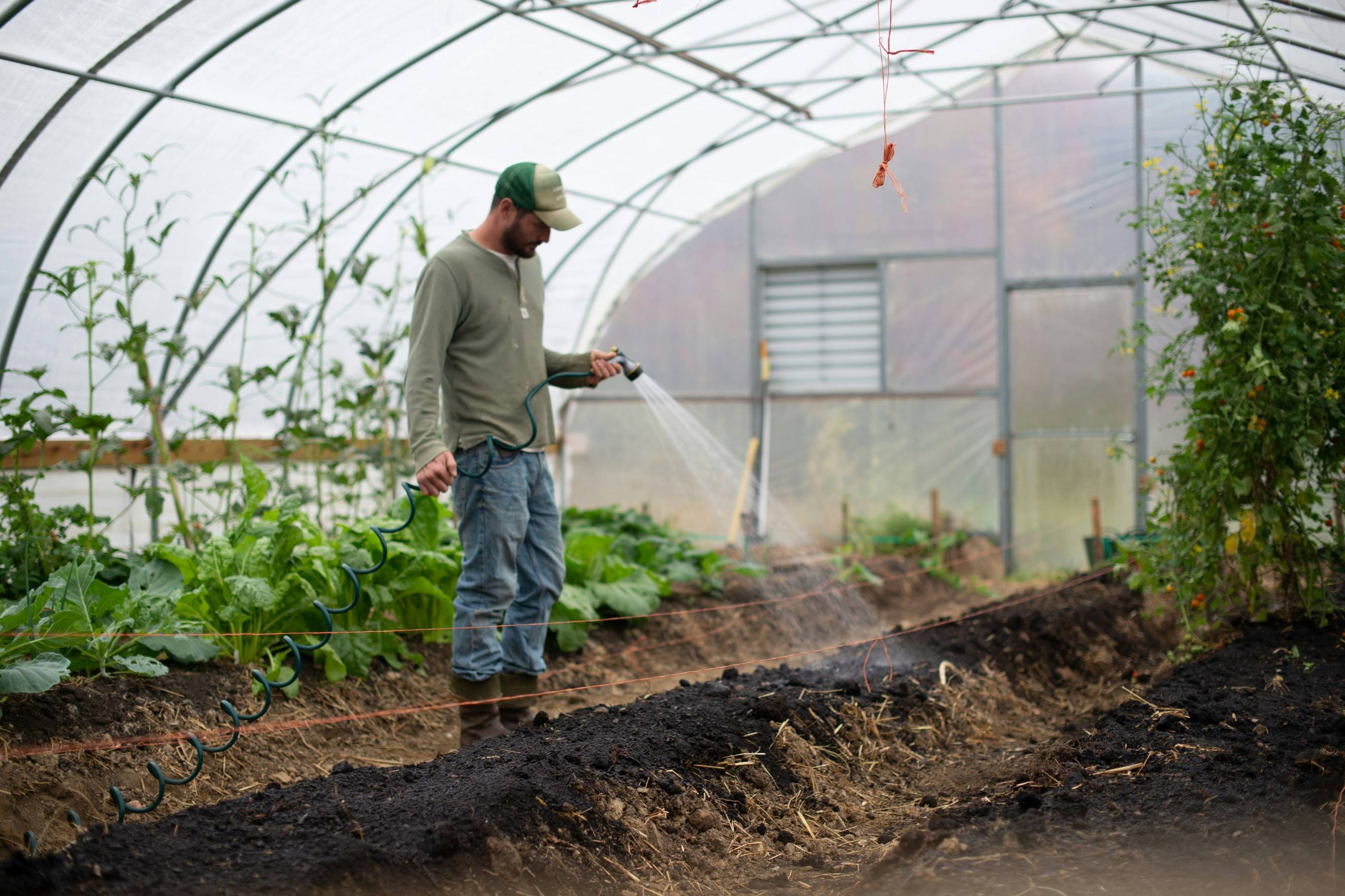
High tunnels, also known as hoop houses, are simple, cost-effective structures that extend the growing season and protect crops from harsh weather. They create a controlled microclimate ideal for fruits, vegetables, and herbs. Starting one is a smart move for farmers and gardeners looking to increase yield and reduce risks.
Facts about Bok Choy (Brassica rapa subsp. Chinensis):
by Oluwaseun Mofikoya & Dr. Theoneste Nzaramyimana
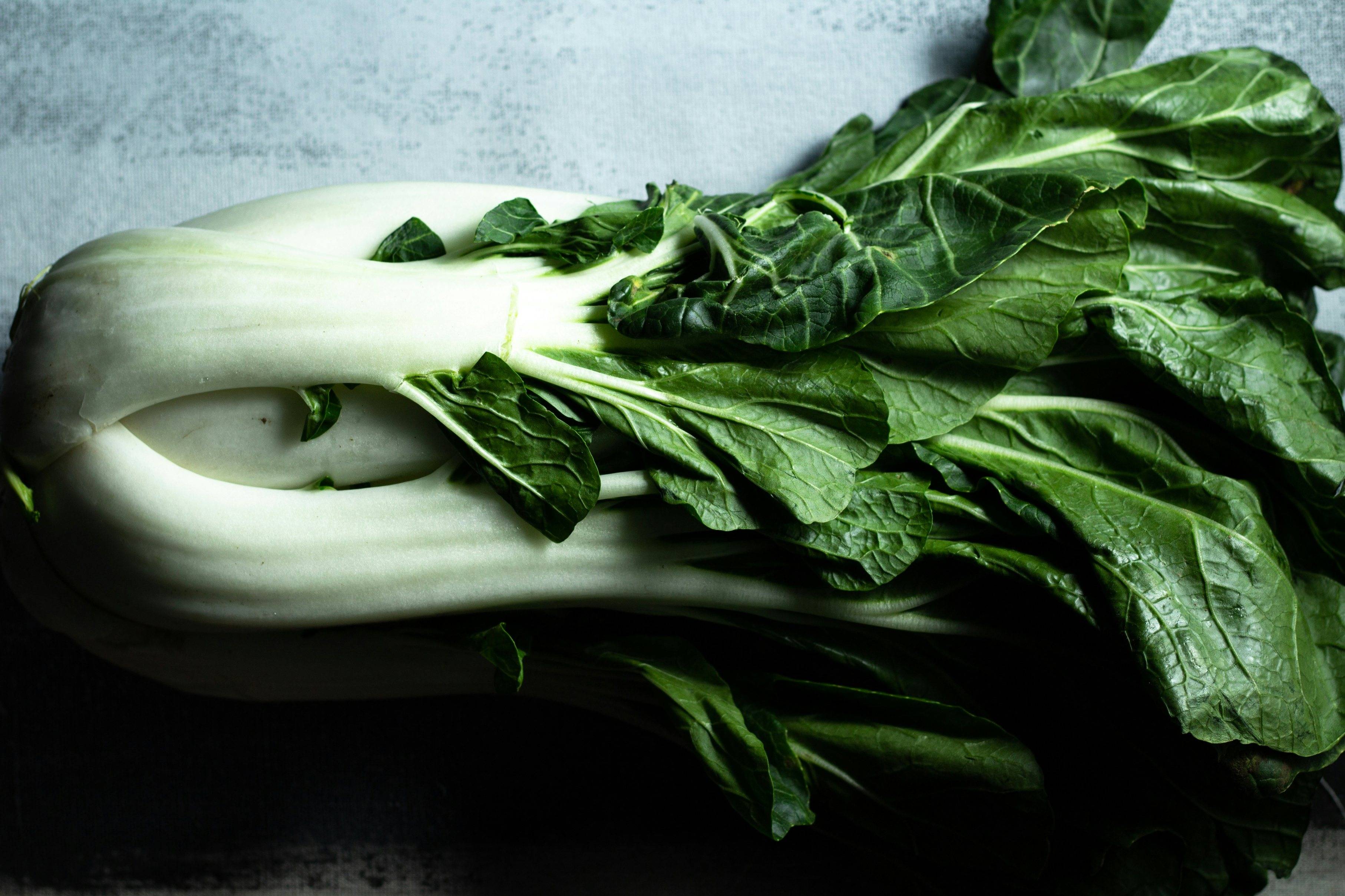
Bok choy is a fast-growing, nutrient-rich leafy green popular in Asian cuisine. With crisp stalks and tender leaves, it's packed with vitamins A, C, and K. Bok choy grows well in cool seasons and is perfect for both traditional garden beds and container setups.
Nutritional and Health Benefits of Leafy Greens:
by Mariemerci Uwimbabazi, Megrael Ngudia, & Cora Teets

Leafy greens like kale, spinach, and collards are nutritional powerhouses, rich in fiber, vitamins, and minerals. They support heart health, improve digestion, and help reduce inflammation. Adding more greens to your plate is one of the simplest steps toward a healthier lifestyle.
Urban Agriculture in Kentucky:
by Nia Ragland, Marie Merci Uwimbabazi, Cora Teets & Dr. Theoneste Nzaramyimana
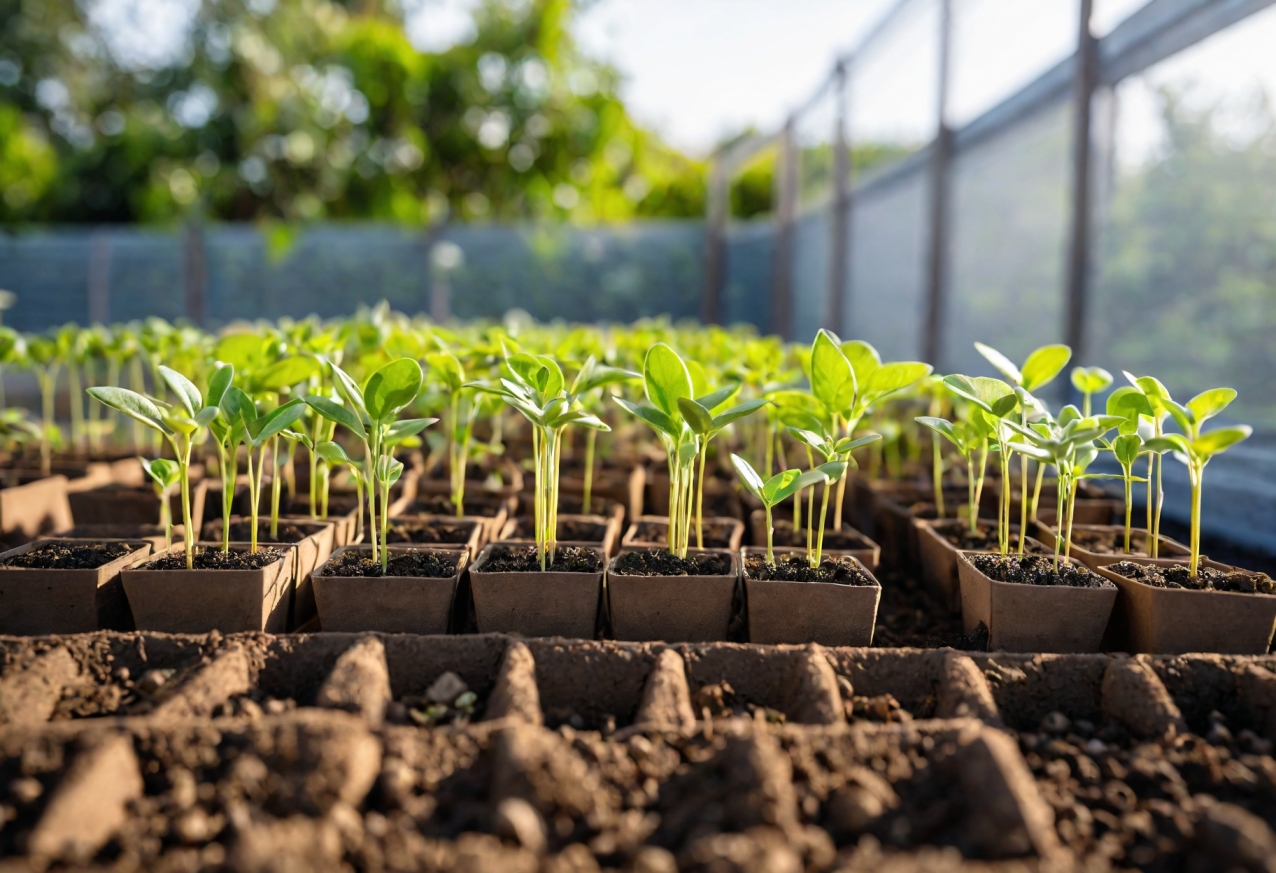
Urban agriculture is transforming Kentucky’s cities by turning vacant lots, rooftops, and backyards into productive green spaces. From community gardens to vertical farms, these efforts improve food access, education, and local economies. It’s a growing movement bringing fresh produce closer to home.
Do farmers Need To Adopt Controlled Environment Agriculture ? :
by Germaine Akeza, Sephora Yao Affoue, Cora Teets, & Dr. Theoneste Nzaramyimana

With climate challenges and land scarcity rising, Controlled Environment Agriculture (CEA) offers a solution through indoor farming, hydroponics, and greenhouses. CEA allows year-round production with efficient resource use. Farmers considering the future of food production may find it’s no longer a luxury—but a necessity.
Nutrient-Dense Crops: Current Trends in the U.S:
by Kwabena M. Sarpong, Richard Kabanda, Cora Teets, & Theoneste Nzaramyimana
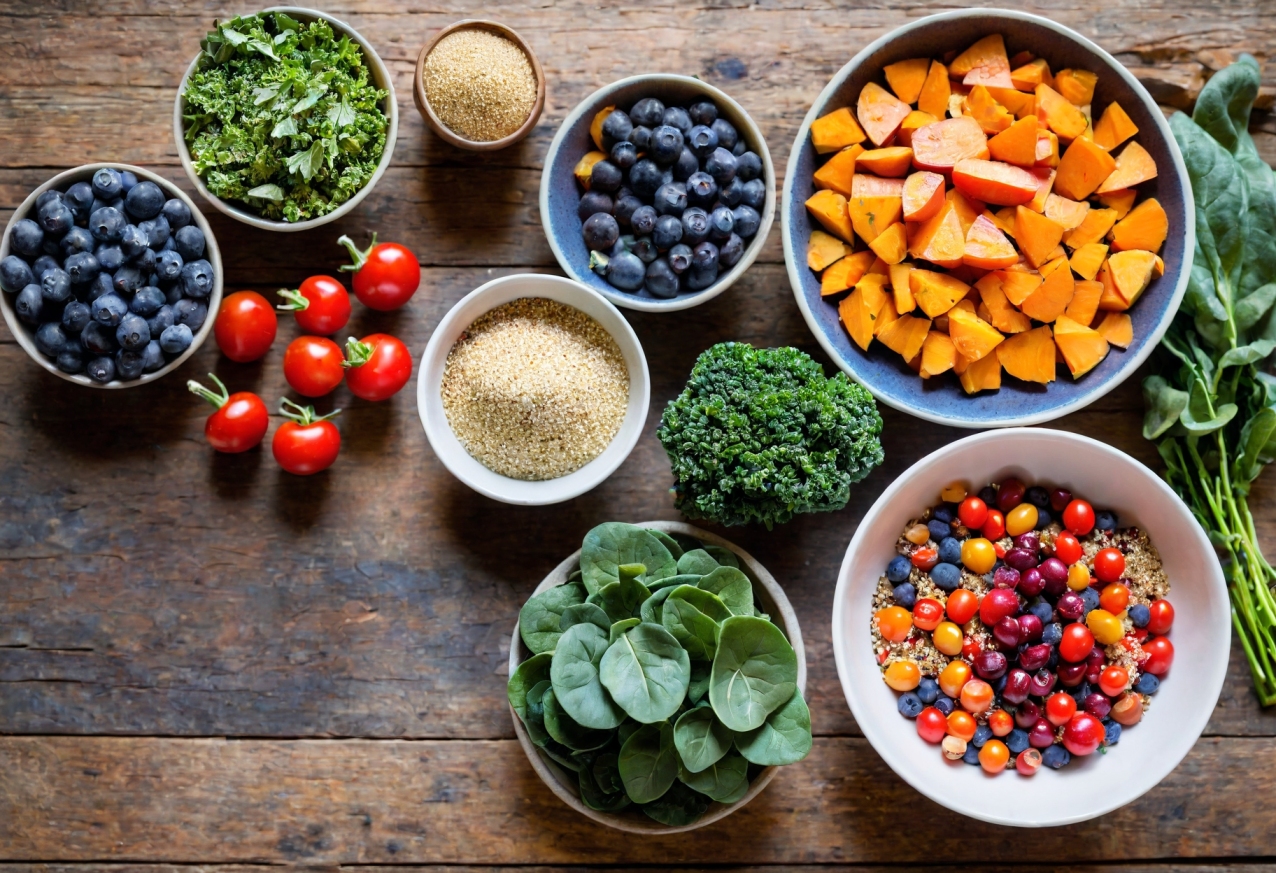
Health-conscious consumers are fueling demand for nutrient-dense crops like kale, sweet potatoes, quinoa, and blueberries. These superfoods offer high nutritional value per bite and fit into diverse diets. Farmers and gardeners alike are tapping into these trends to grow produce that’s both profitable and beneficial.
Favorita Cherry Tomatoes (Solanum lycopersicum var. cerasiforme):
by Jemima Kamba, MarieMerci Uwimbabazi, Dr. Adeyeye Adekunle, Cora Teets, & Dr. Theoneste Nzaramyimana
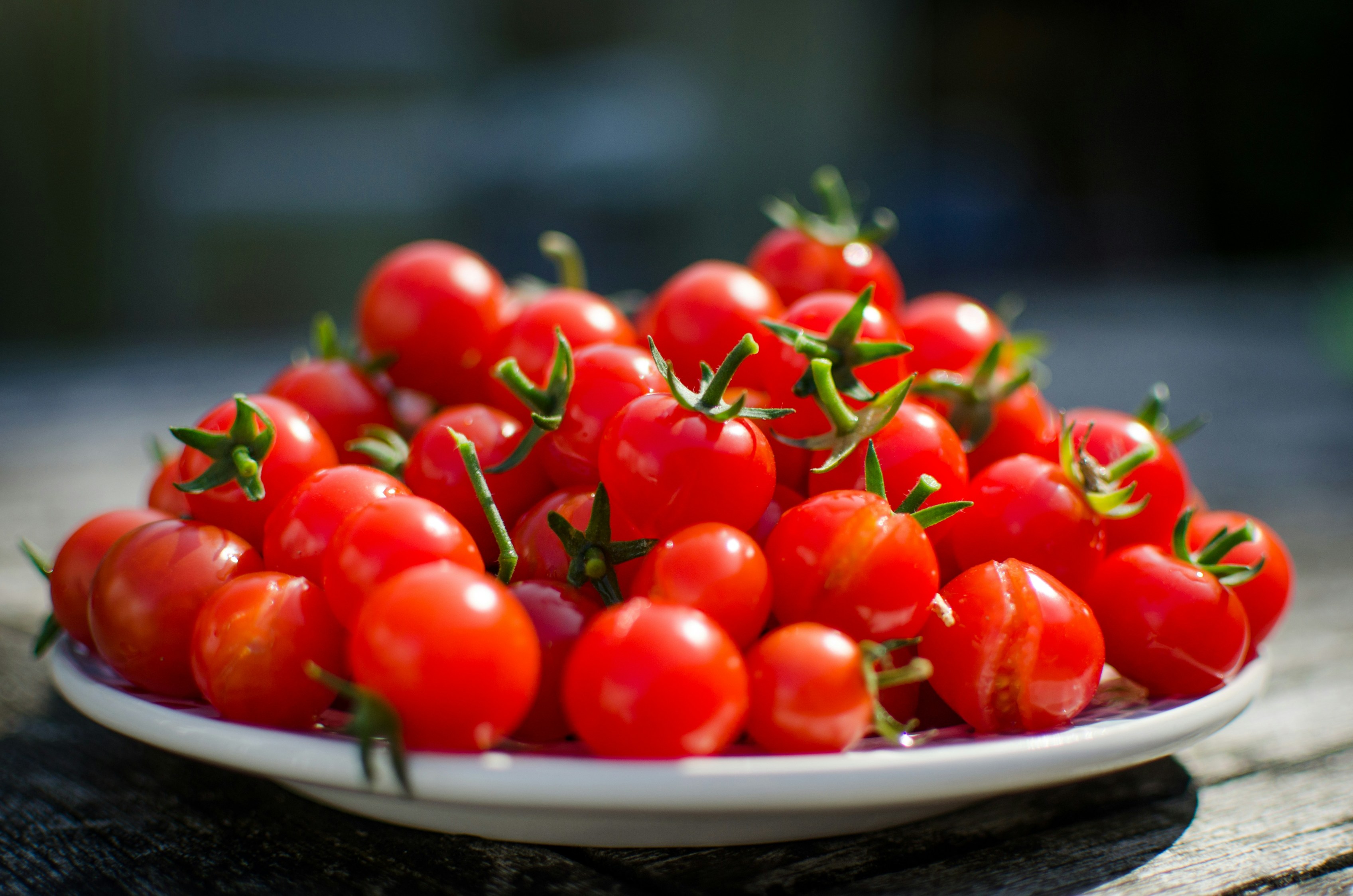
Favorita cherry tomatoes are small, sweet, and packed with flavor—perfect for salads, snacking, and gourmet dishes. They grow vigorously on vines and produce fruit throughout the season. Loved for their taste and reliability, they’re a favorite among home gardeners and market growers alike.
Watercress: A Small Leaf with Great Power (Nasturtium officinale)
by Dr. Adeyeye Adekunle, Cora Teets, & Dr. Theoneste Nzaramyimana
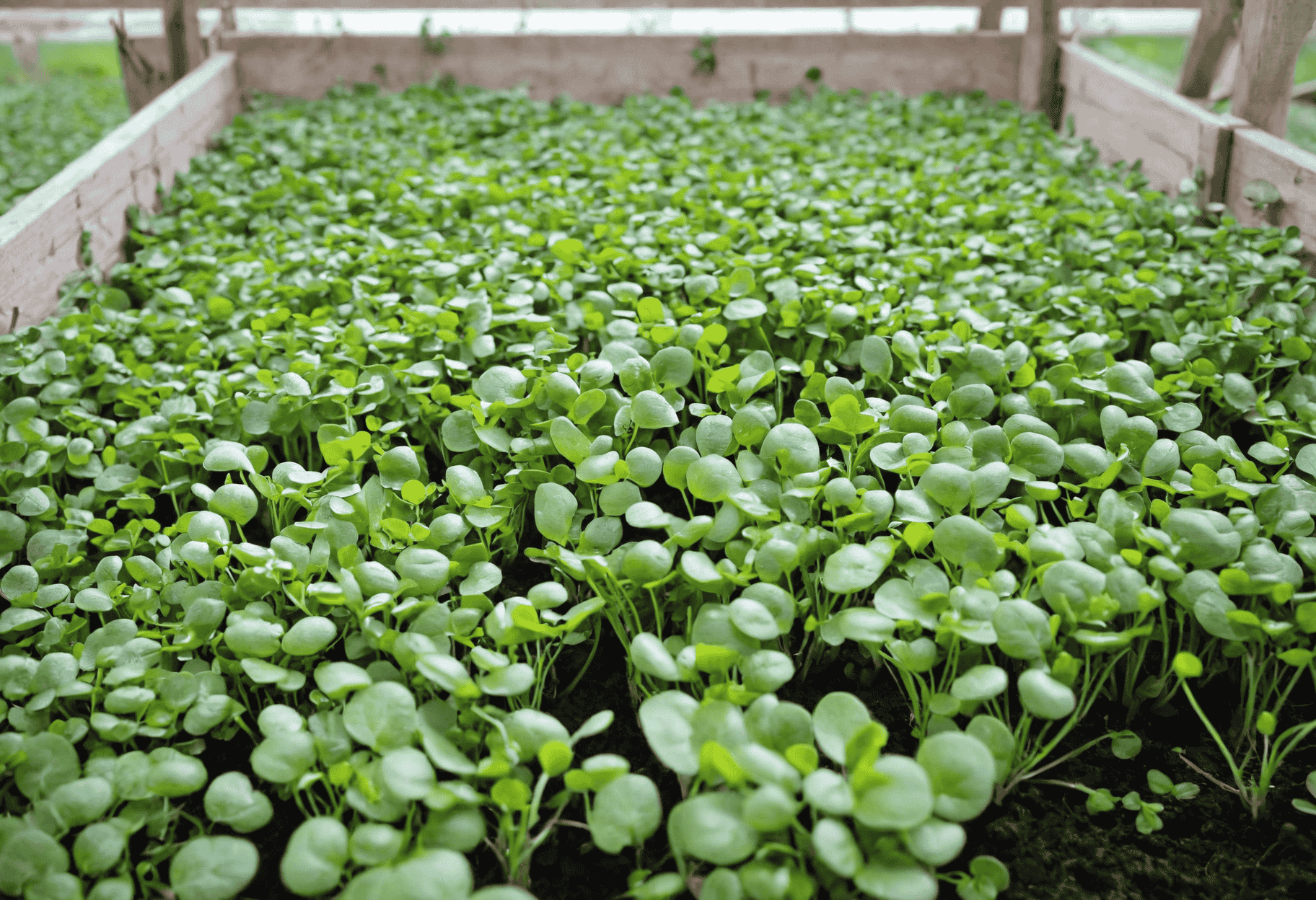
This factsheet highlights watercress as a nutrient-rich, fast-growing leafy green with historical significance, modern cultivation methods, health benefits, culinary uses, and widespread availability in the U.S.
Upland Cress
By: Ashinyo Sebastian Philip, Dr. Adekunle Adeyeye, Richard Kabanda, Cora Teets, & Dr. Theoneste Nzaramyimana
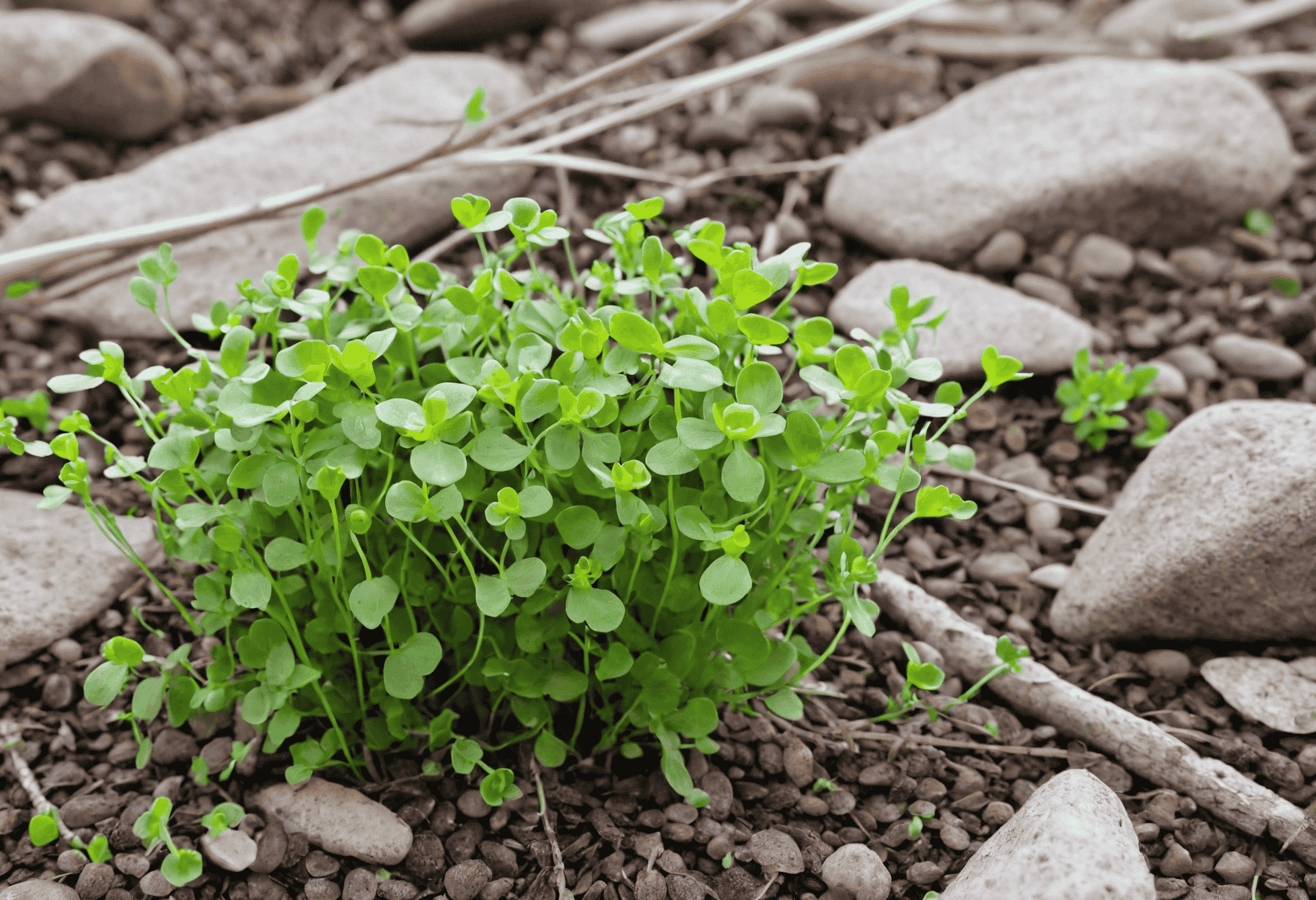
This factsheet provides an overview of upland cress (Barbarea verna), covering its cultivation, hydroponic advantages, health benefits, and nutritional value as a fast-growing, nutrient-dense leafy green ideal for urban farming and traditional agriculture.
Nutritional & Medicinal Properties of African Eggplants: A Hidden Gem in Traditional Diets
By: Sephora Yao Affoue, Germaine N. Akeza, Cora Teets, Dr. Theoneste Nzaramyimana, & Marie Merci Uwimbabazi
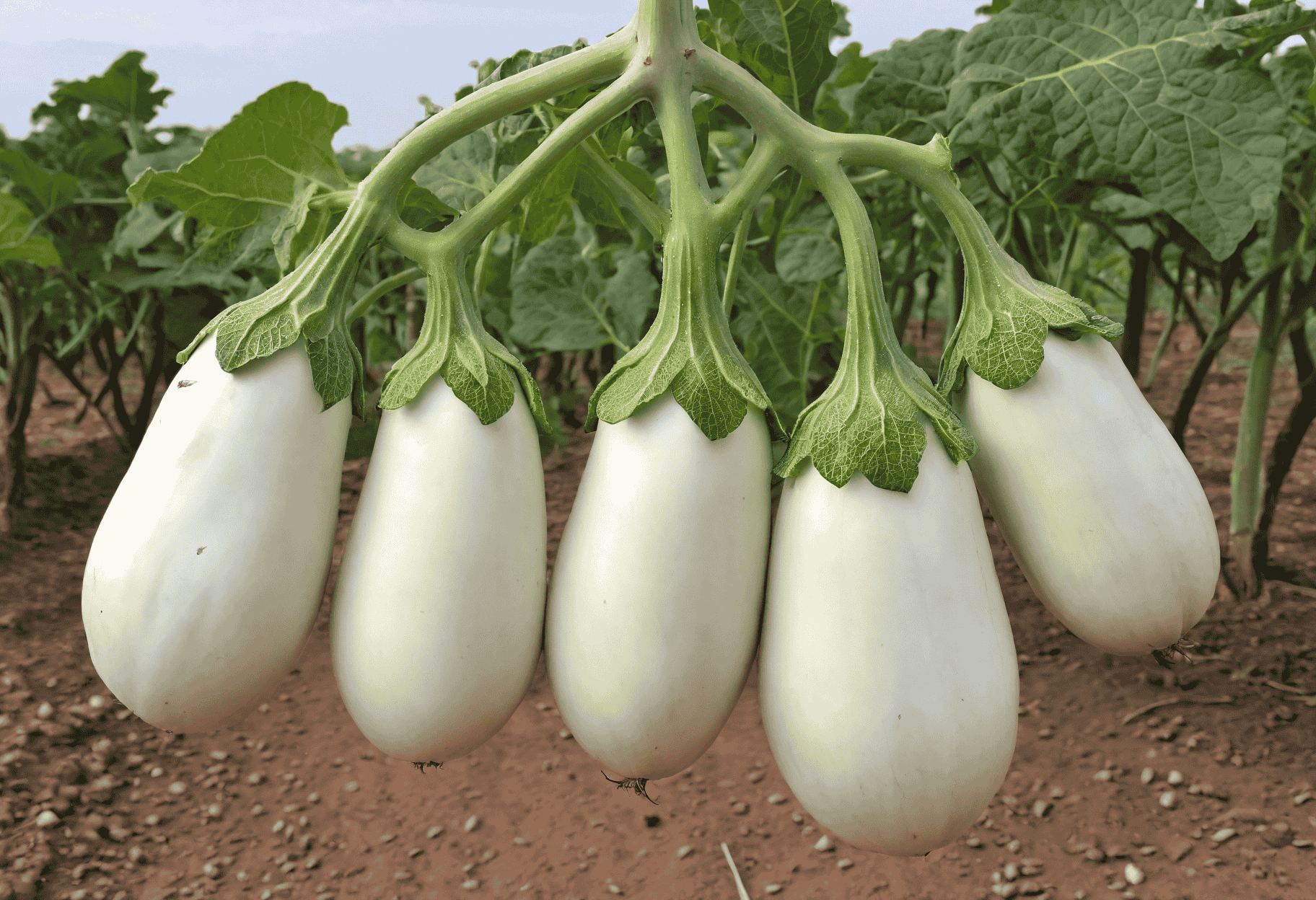
This factsheet explores African eggplant (Solanum aethiopicum), highlighting its unique traits (color, taste, culinary uses), agronomic practices, nutritional benefits, and untapped potential for global cultivation and research, particularly in controlled-environment agriculture.